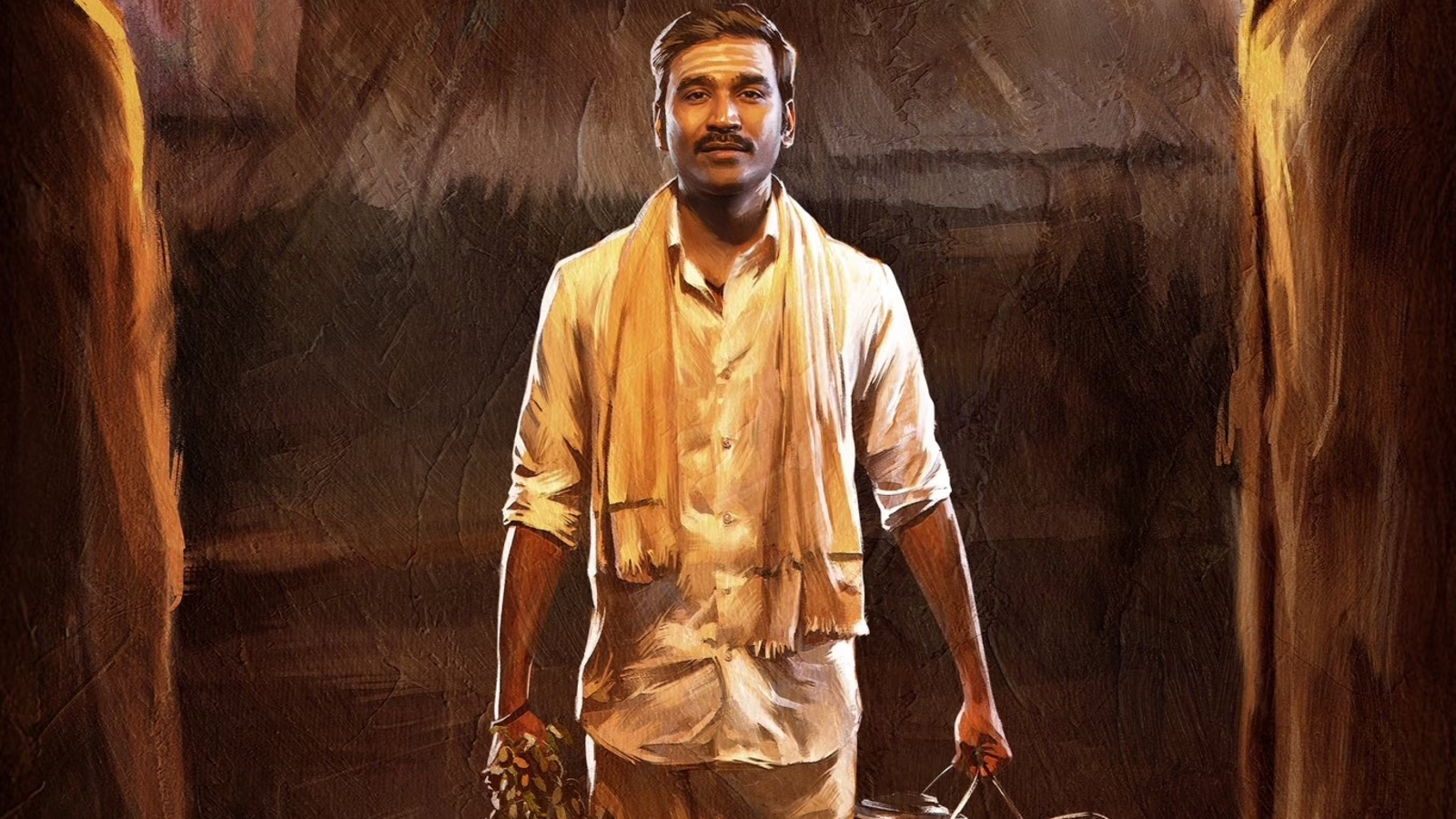Ramya questions ‘non-Kannadiga’ Tamannaah Bhatia’s appointment as Mysore Sandal Soap ambassador: ‘So out of touch’!

Out of Touch or Strategic? The Debate Over Tamannaah Bhatia as Mysore Sandal Soap Ambassador
The appointment of Bollywood actress Tamannaah Bhatia as the new brand ambassador for the iconic Mysore Sandal Soap has sparked a heated debate in Karnataka. While some view this as a savvy marketing move to modernize and globalize the brand, others see it as an affront to regional identity and a misstep in brand representation. One of the most vocal critics is Kannada actress and former Member of Parliament Ramya (Divya Spandana), who publicly questioned the decision, calling it “so out of touch” with the brand’s legacy and local sentiment.

The Heart of the Controversy
Karnataka Soaps and Detergents Limited (KSDL), the state-run company behind Mysore Sandal Soap, announced Tamannaah Bhatia, an actress known for her work across multiple Indian film industries, including Tamil, Telugu, and Hindi cinema, as their new face. The campaign is part of the brand’s broader effort to rejuvenate its image and reach a wider, possibly global, audience.
However, critics argue that choosing a non-Kannadiga undermines the soap’s cultural heritage. Mysore Sandal Soap, launched in 1916 under the patronage of the Mysore royal family, holds a special place in the hearts of Kannadigas. It is more than a beauty product—it’s a symbol of Karnataka’s history, pride, and craftsmanship.
Ramya took to social media to voice her disapproval, questioning the decision and suggesting that local Kannada-speaking celebrities should be prioritized for representing such a culturally significant brand. She tweeted, “Of all the people representing Mysore Sandal Soap, a non-Kannadiga? So out of touch with the people of Karnataka and what the brand stands for.”
Political Reactions
Ramya’s criticism was echoed by Janata Dal (Secular) working president and former tourism minister S.R. Mahesh. He called the appointment “insensitive” and urged the state government to reconsider. Mahesh pointed out that during his tenure as tourism minister, he had appointed Yaduveer Krishnadatta Chamaraja Wadiyar—a member of the Mysore royal family—as a tourism ambassador to maintain a connection with Karnataka’s cultural roots. He questioned why a similar approach was not adopted for a brand as historically and culturally tied to Karnataka as Mysore Sandal Soap.
Mahesh’s critique is deeply political as well as cultural. For regional parties like JD(S), which often champion local identity and interests, such decisions are ripe for opposition. The appointment has thus morphed from a simple branding strategy into a politically charged issue.
The Government’s Defense
Karnataka Industries Minister M.B. Patil responded to the criticism, defending KSDL’s decision as part of a larger vision to elevate Mysore Sandal Soap to a global level. He argued that to achieve international recognition and commercial success, the brand must align itself with faces that have pan-Indian or even international appeal. Patil even mentioned the possibility of involving Hollywood celebrities in future campaigns.
This response underscores a strategic divergence in perspectives. For the state government and KSDL, modernization and market expansion are top priorities. In contrast, for critics like Ramya and Mahesh, cultural authenticity and regional representation matter more, especially when dealing with a century-old brand that has long been a source of local pride.

The Branding Dilemma: Local vs Global
At its core, this controversy highlights a broader branding dilemma: Should legacy brands prioritize cultural authenticity or adapt to global marketing strategies? Mysore Sandal Soap has long differentiated itself by using pure sandalwood oil, and its appeal has always included a sense of traditional luxury rooted in South Indian heritage.
In choosing Tamannaah, KSDL is likely betting on her cross-regional popularity and glamorous public image to give the brand a fresh lease of life in competitive FMCG markets. It is not uncommon for state-owned brands to face challenges in staying relevant in the fast-changing consumer landscape dominated by private giants like Hindustan Unilever or Procter & Gamble.
But critics warn that in doing so, the brand risks alienating its core loyal customer base, especially in Karnataka. Regional pride and cultural continuity matter, particularly when the product itself symbolizes these very values.
Tamannaah’s Perspective
So far, Tamannaah Bhatia has not commented publicly on the controversy. Known for her professionalism and versatility, she has previously represented brands across South India, and her inclusion might simply be a result of her wide acceptability across linguistic and regional lines. However, her silence is also seen by some as indicative of a disconnect—if not on her part, then certainly on the part of those who decided without anticipating the cultural backlash.
A Missed Opportunity?
For many, the appointment feels like a missed opportunity to celebrate and elevate Kannada talent on a national stage. Several prominent Kannada actresses—such as Rachita Ram, Hariprriya, or even Ramya herself—could have served as ambassadors while reinforcing the brand’s connection to its roots.
In an age where regional cinema and culture are gaining national and international acclaim, leaning into local identity could have been both a bold and effective marketing strategy. Leveraging Kannada pride might have strengthened the brand more deeply within its home base before attempting broader expansion.

Public Sentiment and Brand Loyalty
The public reaction has been divided. Some have applauded the move as forward-thinking, seeing Tamannaah’s appointment as a step toward modernization. But a significant segment of Kannadigas feel slighted, interpreting the decision as another example of southern regional identities being overlooked or diluted in favor of broader, often North-centric appeal.
Social media platforms are rife with commentary ranging from outrage to satire. Hashtags like #MysoreSandal and #TamannaahControversy have trended, with many users expressing support for Ramya’s stance. In an era when brand loyalty is deeply intertwined with emotional and cultural connections, this backlash could have tangible commercial consequences if not managed carefully.
Looking Ahead
The debate around Tamannaah Bhatia’s appointment as Mysore Sandal Soap’s ambassador is more than just a PR crisis—it’s a case study in the challenges of balancing heritage with modernity. Whether the brand can navigate this storm without losing its core identity remains to be seen.
KSDL faces a critical juncture: Should it double down on its current strategy and push for global appeal, or recalibrate its messaging to reaffirm its Kannada roots?
Perhaps the best path forward lies in blending both approaches. By celebrating its heritage through regional voices while also expanding its reach through nationally recognized ambassadors, Mysore Sandal Soap might yet manage to preserve its soul while growing its market share.
For now, however, the fragrance of controversy lingers. Whether it will fade or deepen depends on how well the company and the government listen to the people it ultimately seeks to serve.











